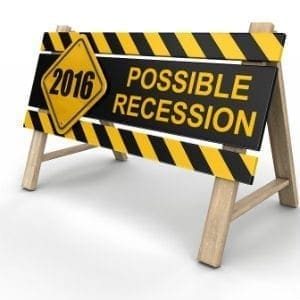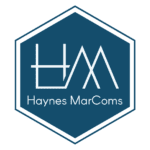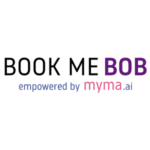
The hotel industry has begun to see a return to something approaching normality following the COVID-19 pandemic. However, this challenging period has played an important role in demonstrating how vulnerable the industry can be. As such, managers and owners should commit to preparing for potential issues in the future.
A key tool in this regard is an emergency plan. This serves as a guideline for all staff members in the event of various types of urgent situations. The thoroughness of your planning can have a serious impact on your hotel’s response and recovery rates.
Let’s take a look at a handful of elements involved with creating and implementing your hotel’s emergency plan.
Understand the range of risks
The first step in making an emergency plan for your hotel is to gain a better understanding of the risks you face. Each business has unique elements and therefore each tends to have its own set of risks. By identifying these, you can best identify solutions to fit the risks.
Perform a thorough risk assessment of your hotel. Look at the physical, financial, and security hazards your business is likely to be vulnerable to. Consider how your location may put you at risk of natural disasters or perhaps make you a target for civil unrest. Remember that some of the most prevalent risks in the current climate may be digital. Therefore, cybercrime and digital disruption must form part of your assessment.
Your assessment also needs to include associated risks as a result of other emergencies. For instance, could the positioning of the hotel limit the ability of emergency responders to reach you? Are there design aspects of your property that create hurdles for evacuations? It can be wise to also partner with an external risk assessment contractor so you can be confident you haven’t overlooked aspects.
Work with all departments
Creating an emergency plan for your hotel isn’t something it’s wise for upper management to arrange alone. This approach tends to mean you only gain limited perspectives on the challenges you face. Staff from all areas of your hotel have talents and knowledge you should capitalize on.
Arrange a meeting with key members of staff from each department. This may include the restaurant and kitchen, reception, marketing, administration, and concierge services, among others. Wherever possible, involve not just heads of these departments, but also entry-level workers. Each of these employees will have an understanding of how different types of emergencies are likely to impact their departments. They’ll also have insights into how different emergency response tools and protocols can be practically adopted in their areas.
Carefully go through each of the identified types of risk from your assessment and invite staff to offer their thoughts on how to address these. Ensure that everybody has the chance to
contribute meaningfully to the ideation process. When initial plans have been determined, arrange another meeting for a week or so later. This gives attendees time to consider additional issues or suggestions.
Communicate measures and train staff
The next step is to formalize the emergency planning so it can be effectively communicated to all members of staff. All your emergency planning materials should be easy to understand. This means writing all instructions in plain language and providing simple diagrams wherever necessary. It can be wise to create different documents for each department of your business so that each has the most relevant plans for their section. If possible, provide these plans both in physical format and digitally on an accessible cloud platform.
From here, your priority should be to provide your staff with training on all aspects of the plan. You can’t just rely on their being able to comprehend their tasks and roles based on the document. This is particularly relevant for ambiguous situations.
For instance, when a guest is injured or ill, it’s not always clear whether the correct response is to go to an urgent care clinic or the emergency room. As such, managers need to clarify that many sudden illnesses can be adequately handled by urgent care physicians. Where cuts and burns are concerned, outline their need to head to the emergency room alongside the steps they should take to provide first aid to the injured party.
Invest in resources
The emergency plan itself is a good start. However, it’s also important to pair this with effective resources that bolster the plan’s efficacy. This can require some investment, but it helps to ensure your hotel can respond to and recover from emergencies.
One of the primary tools here is transportation. Investing in a vehicle for business purposes can have a range of practical benefits for your hotel. Alongside the ability to collect special guests or advertise your hotel on the side of the car, this can be useful in emergency situations. It means that you don’t always need to arrange external transport to urgent care centers or hospitals. You can also find that a small and fuel-efficient car can be used to gain urgent supplies when needed.
Whatever resources you invest in, it’s important to catalog these in your emergency plan documents. Make sure key staff understand what these are used for and where they are stored. Part of your planning should include appointing members of staff to attend to the upkeep and testing of these items.
Conclusion
While the potential for emergencies to arise may be outside of your hotel’s control, your ability to respond is not. Your emergency plan should be led by a thorough risk assessment process, followed by input from staff from all departments. How clearly you communicate and train your staff in relation to these plans can also impact how effective the measures are. Wherever possible, seek appropriate resources to support your plans. By placing focus on planning for emergencies, your hotel is likely to be able to recover from them more positively.



















